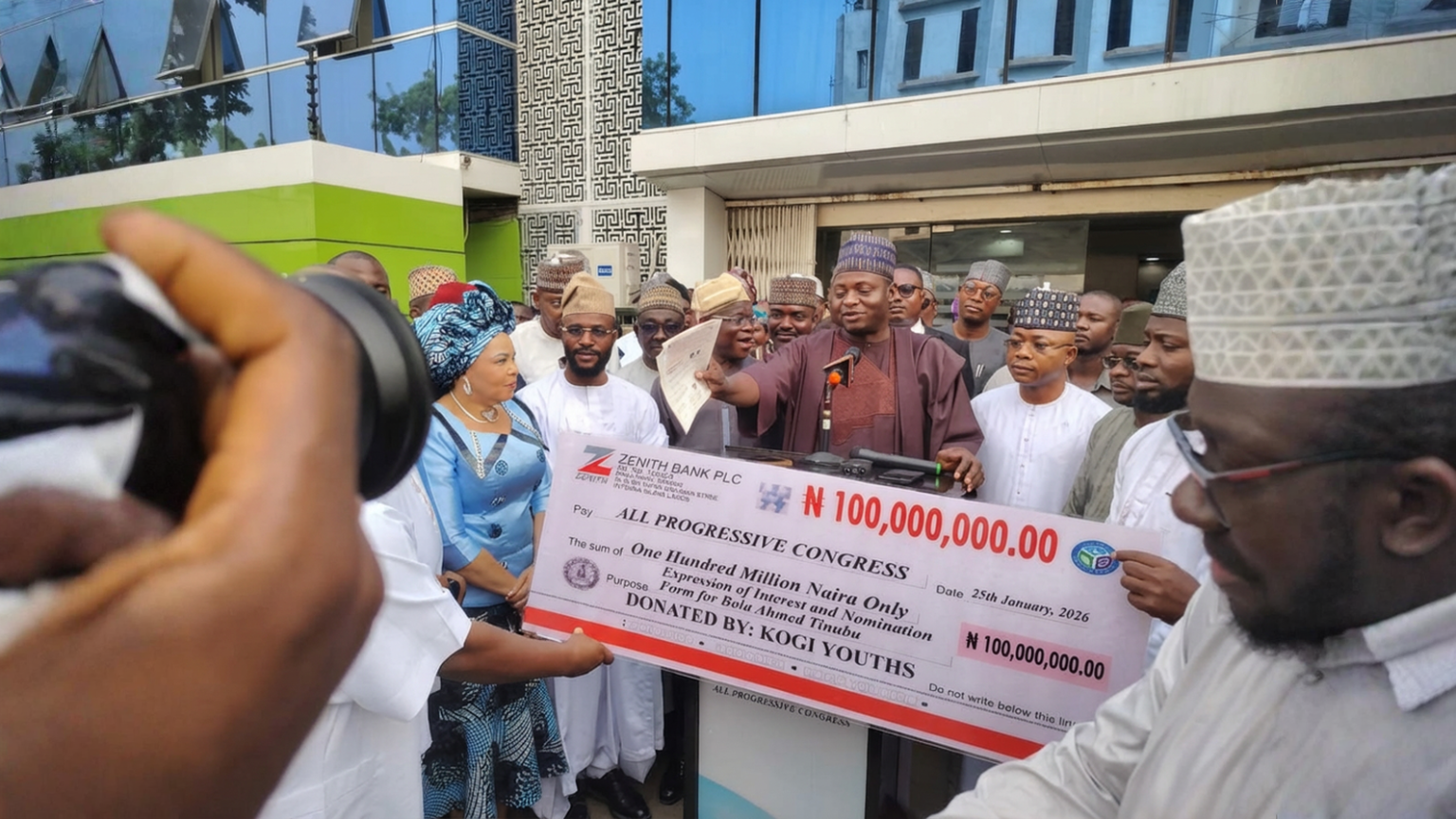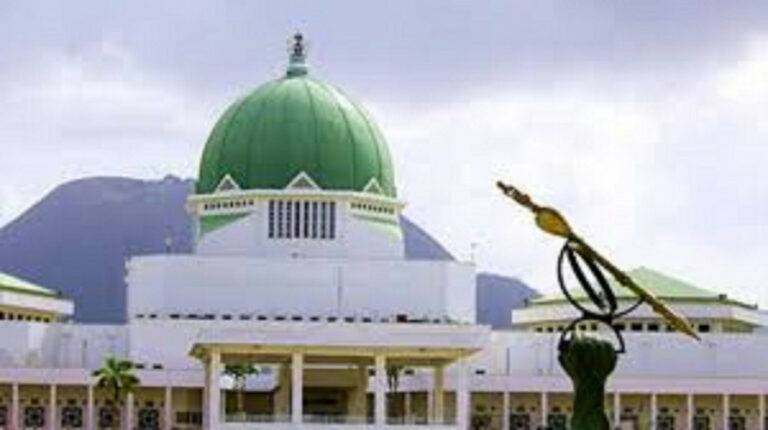President Bola Tinubu has assented to the four tax reform bills aimed at improving the fiscal and revenue framework.
The bills were recently passed by the National Assembly.
The brief ceremony which took place at the Presidential Villa on Thursday had in attendance the leadership of the National Assembly and some legislators, governors, ministers, and aides of the President.
The four bills: the Nigeria Tax Bill, the Nigeria Tax Administration Bill, the Nigeria Revenue Service (Establishment) Bill, and the Joint Revenue Board (Establishment) Bill were passed by the National Assembly after extensive consultations with various interest groups and stakeholders.
According to the presidency, the new tax laws will significantly transform tax administration in the country, leading to increased revenue generation, improved business environment, and a boost in domestic and foreign investments.
Here’s a further breakdown of the law:
1. FIRS Renamed: The Federal Inland Revenue Service (FIRS) is now called the Nigeria Revenue Service (NRS).
2. Unified Revenue Collection: The NRS will now handle revenue collections previously managed by agencies like the Nigeria Customs Service, NUPRC, NPA, and NIMASA.
3. Low-Income Relief: Workers earning ₦800,000 or less annually are now exempted from income tax.
4. High-Income Tax: A 25% personal income tax applies only to individuals earning above ₦50 million annually.
5. Small Business Exemption: Small business owners are fully exempted from paying income tax.
6. Corporate Tax Cut: Starting in 2026, company income tax for medium and large firms will be reduced from 30% to 25%.
7. VAT Exemptions on Essentials: There is no VAT on essential items like food, medical services, pharmaceuticals, school fees, and electricity.
8. No Tax Hike: VAT remains at 7.5%, and corporate income tax stays at 30%—there has been no increase.
9. New Development Levy: A 2%–4% Development Levy will now fund critical national institutions like NELFUND, TETFund, NITDA, and NASENI.














